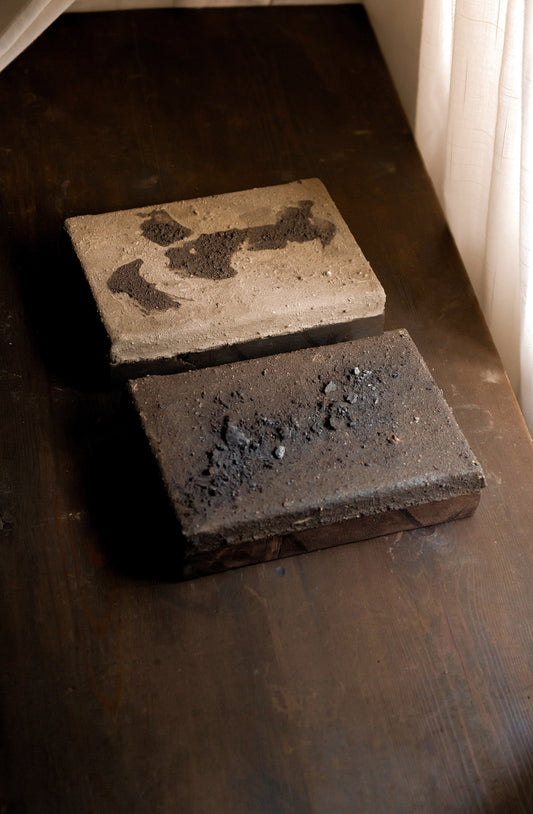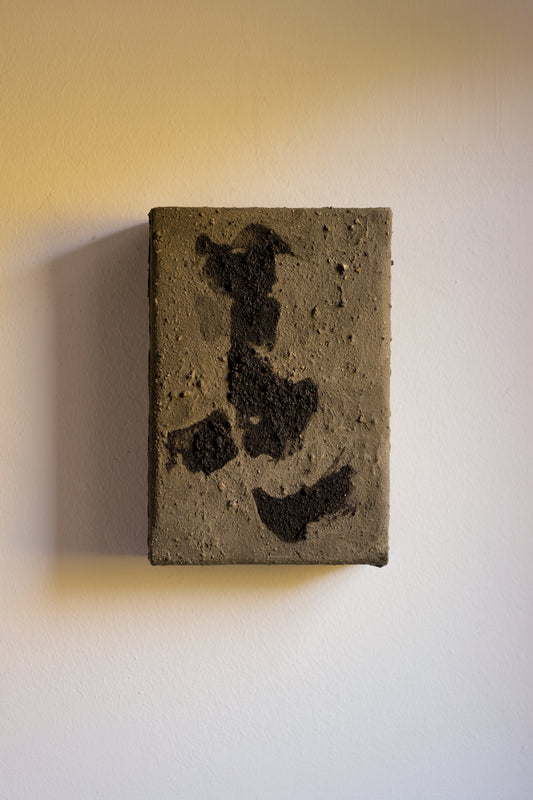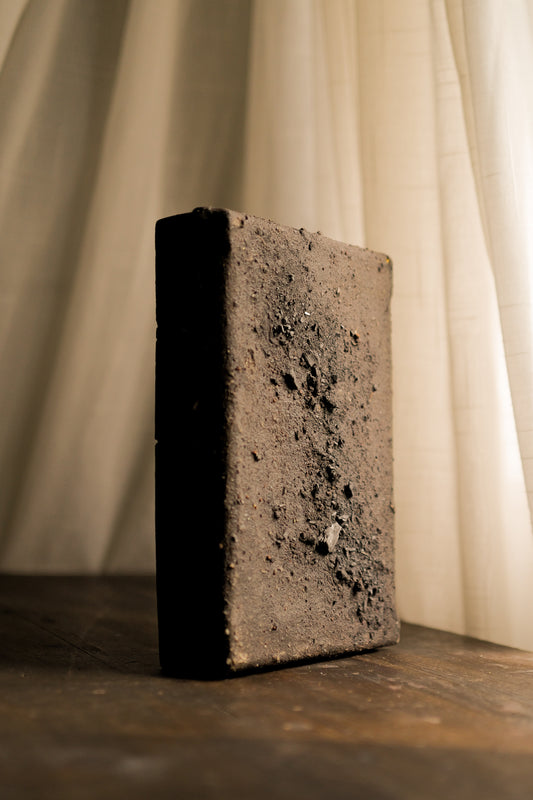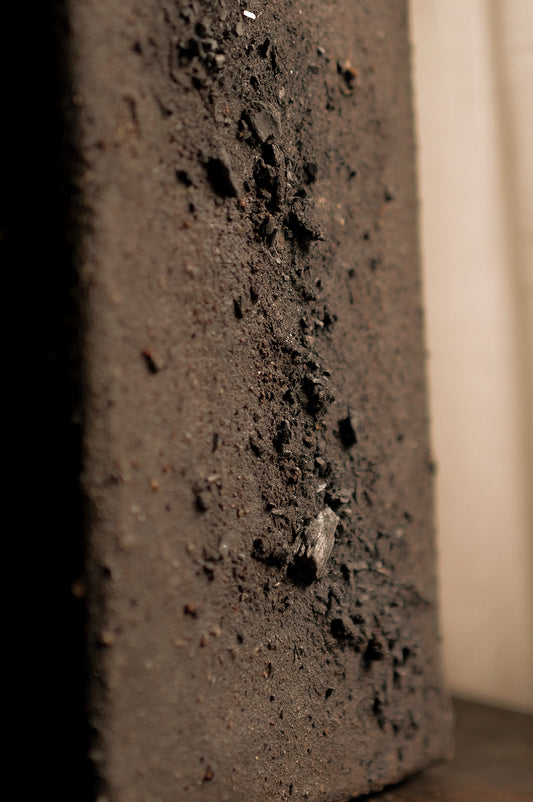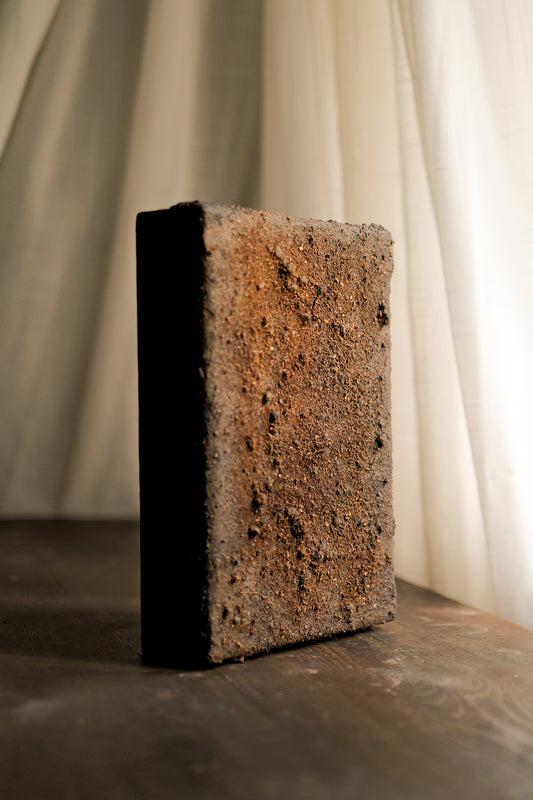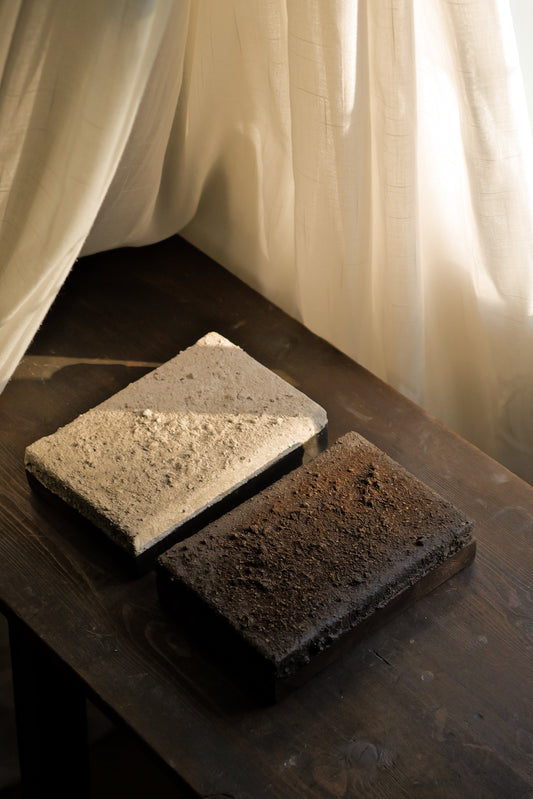A conversation: “Investing in women means investing in communities, in stability, in futures."

It was a gathering on an ordinary evening in London. No stage, no spotlight. Just a circle of people seated closely around two women who didn’t raise their voices, yet spoke with such strength.
A while ago, as members of the Briefing Club of UN Women UK, we had the opportunity to hear from and speak with Sofia Calltorp, Chief of Humanitarian Action at UN Women. That evening, she had been invited by UN Women UK’s Executive Director, Tabitha Morton, knowing that Sofia’s voice and insight would enrich every person in the room and far beyond.
She was so right.
Sofia speaks with the kind of clarity that only comes from having stood inside the storm. She explained she had just returned from Sudan. She spoke of women giving birth between huts with no medical support. Of a couple of toilets shared by hundreds of people. Of women with fever, diarrhoea, infections and no access to care. “It’s dehumanising,” she said. “And too often invisible."
Everyone in the room was silent. Yet, not surprised.
Sofia is the kind of person who, when she speaks, shifts the spotlight away from herself and onto the causes she serves. Much of the conversation between Sofia and Tabitha centred around the report: At a Breaking Point: The Impact of Foreign Aid Cuts on Women’s Organizations in Humanitarian Crises Worldwide. Based on a survey of women-led organisations across crisis settings, ninety percent had already experienced funding cuts. Nearly half expected to shut down within six months if no new support emerged. All this, while needs keep rising. In some regions, the demand for gender-based violence support has tripled. “Women and girls simply cannot afford to lose the lifelines that women’s organisations are providing,” Sofia said.
And still, Sofia's message to all of us was not one of despair. It was one of hope.
“We can all do something,” she said it gently, but clearly. "The research supports it: every dollar invested in gender-responsive programmes through women-led organisations returns eight dollars in value. It’s not just the right thing to do; it’s efficient. Investing in women means investing in communities, in stability, in futures.”
Sofia gave inspiring examples. Her eyes lit up when she spoke of initiatives that were so simple yet so effective. Such as, installing meteorological stations so that women farmers can receive weather forecasts and protect their crops by helping them sow, tend and harvest with more stability in the face of climate change.
“Because women, especially those who are displaced, don’t want to be dependent. They want to rebuild.”
She shared the story of a woman in Sudan who, after fleeing with her children, spread her skills and experience in life support and first aid to train others. No budget, no title, no invitation to do so. Just the will to offer what she had. “These women organise,” Sofia said, “not just for themselves, but for their communities.”
I left thinking about Sofia herself. The depth that can live in one person, in this case a woman. Not only her knowledge or experience, but the clarity she brings and the optimism she still holds. She has seen human suffering up close and continues to believe in people. She has seen systems collapse and still chooses to repair. That kind of hope is contagious. Inspiring. And it stays with you.
Ever since Sofia spoke it, I hear that one sentence in my head like a mantra: "We can all do something. Each in our own way. And when we do, however small it may seem, it matters more than we think." Those words have stayed with me. They make me wonder, even now: if we were to look at the world through Sofia’s eyes, what would we notice? What would we do differently?
I’ve reflected on this. And for me, the answer is this: cultivating hope no matter the circumstances. Even when hope slips through my fingers, I make it my mission to catch it and to hold it again in my hands.
Elise

